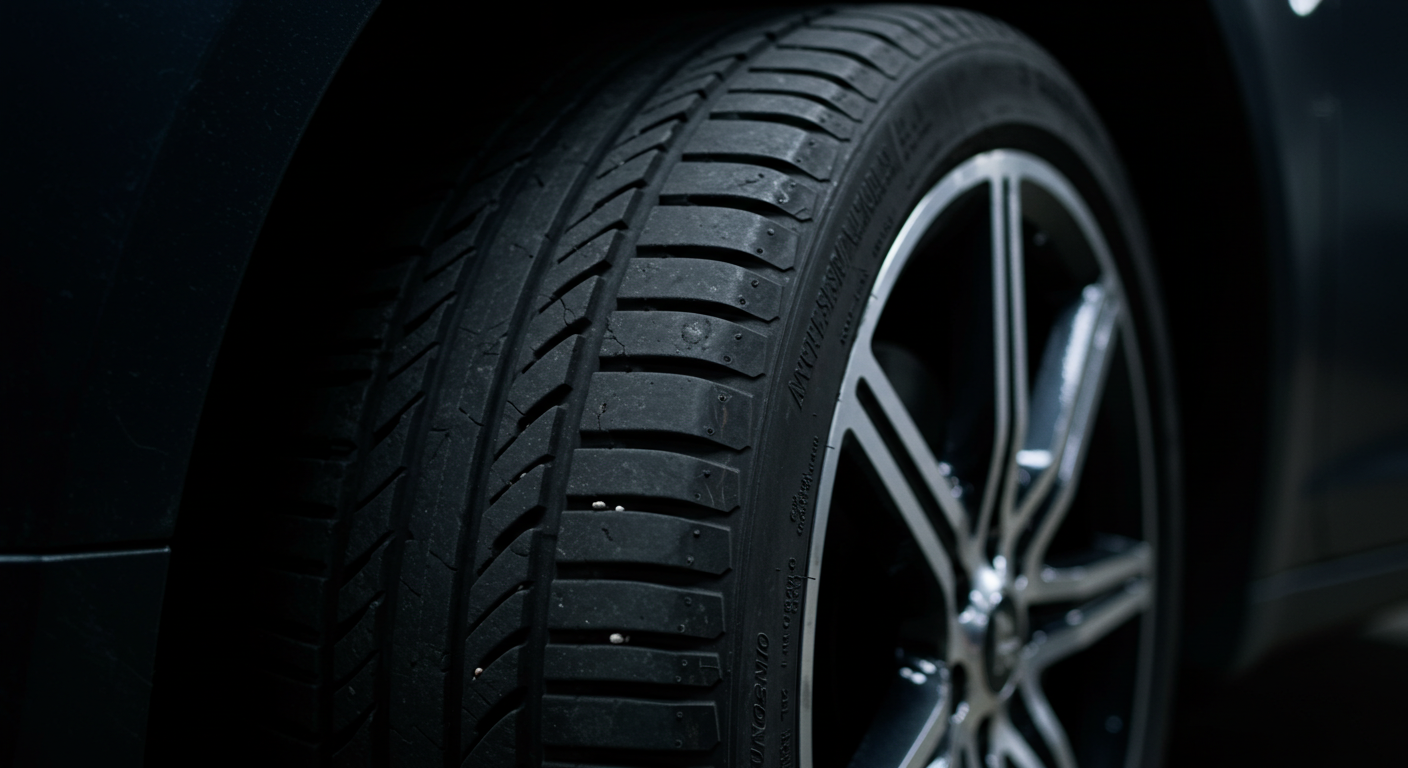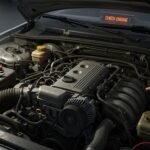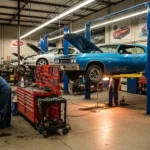Your tires are the only point of contact between your vehicle and the road, so their condition is critical to your safety. When tires become worn-out, they no longer perform at their best, leading to significant safety risks. From increased stopping distances to a higher likelihood of blowouts, worn tires make it much harder to maintain control of your vehicle.
In this article, we’ll help you understand the impact of worn-out tires on vehicle safety and why getting them replaced at an auto repair shop in Brooklyn is essential for keeping you and others safe on the road.
Risk of Skidding Due to Less Traction
Tires are designed with tread patterns that grip the road and provide stability, especially during wet or slippery conditions. When tires wear out, the tread depth decreases, reducing the tire’s ability to maintain traction. This makes it harder for your vehicle to stay controlled, particularly during braking or cornering.
Worn tires increase the likelihood of skidding, which can lead to accidents, especially in adverse weather conditions. A vehicle with worn tires is far more likely to lose control in wet, icy, or even just damp conditions, putting you at greater risk of a crash.
Longer Stopping Distances
When tires are worn, their ability to stop the car effectively is compromised. Worn-out tires need more time to slow down and bring your vehicle to a complete stop. In emergency situations, this delay can be deadly. Whether you’re trying to avoid a sudden obstacle or stopping at a red light, worn tires significantly increase your stopping distance.
Even on dry roads, worn tires increase the chances of a collision. On wet roads, stopping distances can double, leaving you no time to react if something unexpected happens. The more worn your tires are, the harder it becomes to stop quickly when you need to.
Hydroplaning and Reduced Control
Hydroplaning occurs when your tires lose traction and skim over a layer of water on the road, making it impossible to steer or brake. Worn-out tires are particularly susceptible to hydroplaning because they can’t channel water away from the tire’s surface as effectively.
With less tread depth, worn tires lose their ability to maintain contact with the road in wet conditions, drastically increasing the likelihood of losing control. Hydroplaning can cause you to spin out, crash, or veer into oncoming traffic, making it one of the most dangerous risks associated with worn-out tires.
Read More: 5 Top Tips for Maintaining Your Vehicle During Summer
Increased Risk of Blowouts with Worn Tires
Tires that are worn down become significantly more prone to damage, increasing the risk of a blowout. The rubber weakens with age and use, and as tread wears down, the tire is less able to withstand road conditions and temperature changes.
A tire blowout at high speeds can cause a sudden loss of control, leading to a serious accident. Worn tires are more likely to have bulges, cracks, or punctures, all of which are signs that the tire is nearing failure. A blowout can catch a driver off-guard, making it hard to react in time and often resulting in a crash.
Fuel Efficiency and Car Wear
Worn tires don’t just jeopardize your safety directly; they can also indirectly cause problems that affect your vehicle’s overall safety. For example, tires with low tread can increase rolling resistance, causing your engine to work harder and reducing fuel efficiency. The added strain on your vehicle can lead to overheating or excessive wear on other parts, making your car more prone to breakdowns.
Additionally, tires that are worn unevenly or improperly inflated can lead to suspension and alignment issues, further compromising vehicle stability and safety. By replacing worn tires, you can avoid these additional risks and ensure your car runs smoothly and safely.
Need Expert Help From an Auto Repair Shop in Brooklyn?
Don’t take chances with your safety. At A1 Auto Repair Shop Brooklyn, we specialize in tire inspections, replacements, and maintenance to ensure your vehicle stays safe on the road. Our experienced technicians can assess the condition of your tires and recommend the best options for your vehicle.
Keep your car running smoothly and safely—contact us today to schedule a tire check-up!




